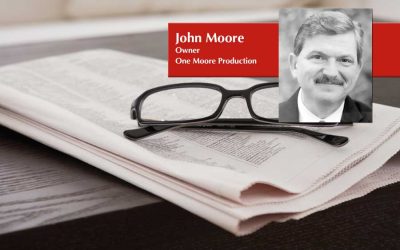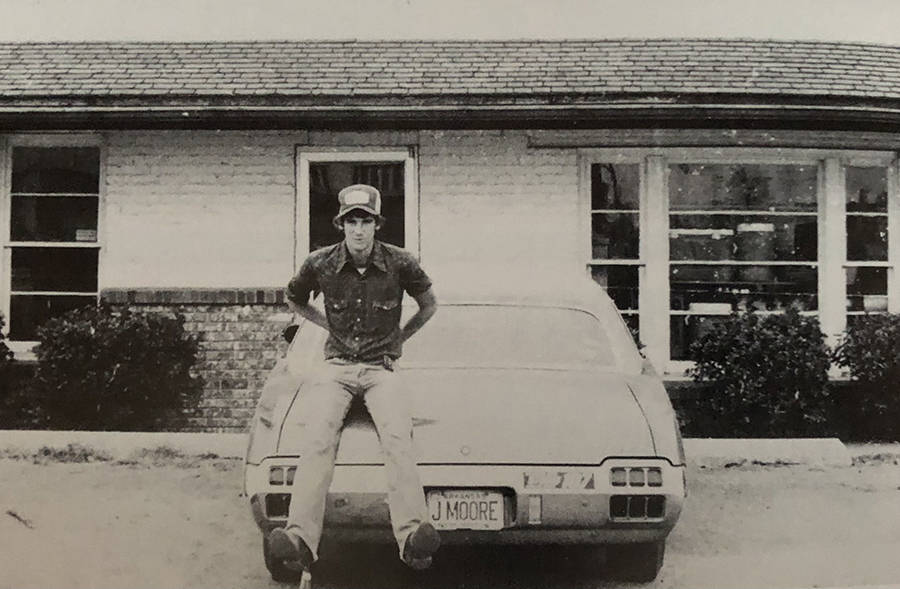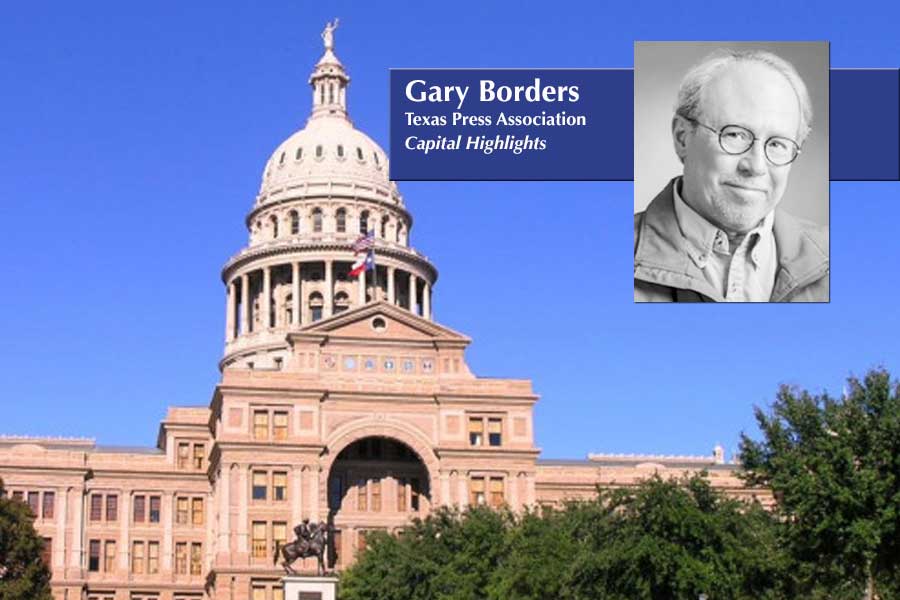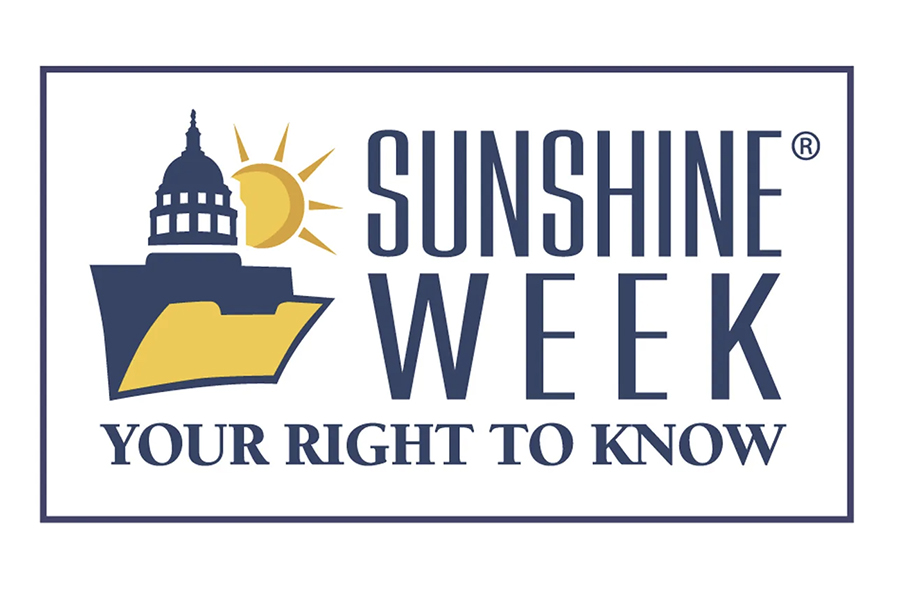It’s a busy time in Austin for state government.
In Texas, an odd numbered year means your state senator and state representative are going to officially spend 140 days at the state capitol shifting through thousands of bills.
Governor Abbott has stated property taxes and school finance reform are among his top priorities this session. That’s good news for all of us. Even better news is that Lt. Governor Dan Patrick, chairman of the Texas Senate, and Rep. Dennis Bonnen, Speaker of the House, agree with Abbott.
The bicameral bodies both filed bills last week to address local taxes, Senate Bill 2 (SB2) and House Bill 2 (HB2). Both bills are designed to increase transparency, address local property tax growth and give citizens more control.
Both have several points that will bring about property tax reform, but I will focus on one. The bills will lower a local taxing entity’s rollback rate.
A rollback rate “provides the taxing unit with about the same amount of tax revenue it spent the previous year for day-to-day operations, plus an extra 8 percent increase for those operations, and sufficient funds to pay debts in the coming year.”
For taxing entities, excluding school districts, the rollback rate is the rate required to generate the same amount of revenue on the same property from year to year, plus eight percent. New construction is not included in this calculation.
Under SB2 and HB2, taxing entities with revenue of over $15 million will not be able to increase revenue from year to year by more than 2.5 percent without having a vote of the people.
Most taxing entities in Collin County will be affected, because most have an annual revenue budget in excess of $15 million.
Collin County Judge Chris Hill has no problem with the Texas Legislature putting a cap on tax revenue increases and on Monday, the Collin County Commissioners Court added its support to the two bills.
What will be interesting is how city councils and school boards of trustees will weigh in on this matter.
In a press release Saturday, Hill indicated he is aware of complaints from across the state, that these two bills violate local control.
That, of course, is nonsense. I agree with Hill’s rebuttal that the “purest form of local control is allowing the constituents to vote on property tax increases, which is exactly the intent of the proposed legislation.”
School districts are already required to get citizen approval through a vote if they exceed their rollback rate. That’s a good thing for citizens because, excluding the debate of how high a rollback rate should be, schools must get voter approval.
All other taxing entities give local citizens have the “ability to petition” for a local election if property tax revenue will increase by over 8 percent.
The “ability to petition” means voters must become proactive to call an election.
For example, 10 percent of registered voters would have to sign a petition to call a rollback election to contest an increase of tax revenues in excess of 8 percent.
That is difficult given historically low voter turnout at local elections.
SB2 and HB2 make things much easier. If total revenue will increase year over year by over 2.5 percent, local taxing entities are required to call an election and let voters decide if they like the increase.
To put this in perspective, property tax payments were due last Thursday. That tax payment may have been paid through your monthly mortgage, or you cut a check for the full amount.
Did you pay more in property taxes on January 31, 2019 than you did on the same property a year ago?
If you want to keep up with state and local government matters that affect your property taxes, watch for more stories in this newspaper.
Need more details on tax rate calculations? If so, go to https://comptroller.texas.gov/taxes/property-tax/truth-in-taxation/calculations.php
By Chad Engbrock, Publisher of C&S Media Publications, can be reached at [email protected]
For more opinions and editorials subscribe in print or online.
















0 Comments